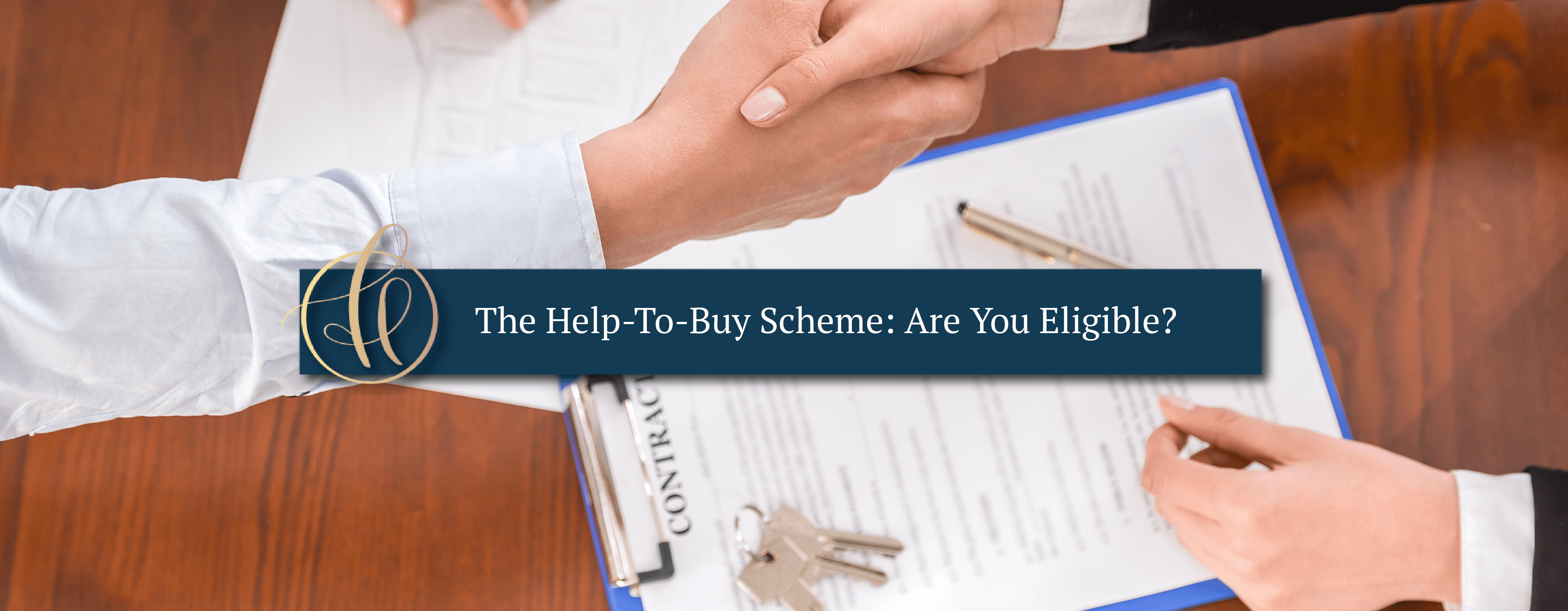The Government’s announcement regarding the extension of the Help-to-Buy Scheme means that prospective homeowners can continue to apply for financial assistance in purchasing a new home until the end of 2022.
If you’re thinking of applying, there are a number of eligibility requirements that you will need to bear in mind. To help you understand this process, we’ve put together a short guide which will give you a better understanding of the scheme.
What is the Help-to-Buy Scheme?
The purpose of the scheme is to assist first-time buyers to purchase new residential builds, or to self-build a residential property. The incentive has assisted many prospective homeowners to get started on the property ladder and has encouraged increased activity in the construction industry. 26,744 claims have been approved on the scheme so far. (Source)
During the unveiling of Budget 2022 on 12th October, the government announced that present scheme rates will remain until the end of 2022.
What are the requirements?
To be eligible for the scheme, you must be a first-time buyer of a newly built apartment or house, or you must be undertaking the self-build of a residential property. The purchase or build must take place between 19th July 2016 and 31st December 2022. As of 1st January 2017, the help-to-buy incentive has applied to properties worth €500,000 or less (Source). Investment properties do not qualify, nor do cash-bought properties. However, properties that are inherited or gifted are eligible. (Source)
Under the scheme, if you are purchasing a new build, you must take out a mortgage of at least 70% of the buying price. If it is a self-build, the mortgage must be 70% of the mortgage provider’s valuation. The purchaser must also reside in the property for a minimum of 5 years after it is bought or built. Revenue has provided a list of developers and contractors that are approved for the scheme.
In July 2020, the maximum refund amount was increased, and this will now be extended until 31st December 2022. To qualify for this enhanced relief, you must have either signed a contract for the purchase of a new house or have drawn down a mortgage for a self-build between 23rd July 2020 and 31st December 2022. (Source)
If you qualify, you can claim a rebate on your income tax and Deposit Interest Retention Tax (DIRT) for the previous four tax years. Successful applicants will receive 10% of the property value, or €30,000, whichever is the lower amount. (Source) (Source)
How do I apply?
You can apply online through myAccount or Revenue Online Service, where you will have to fill out a Form 12 Tax Return. As part of your application, you will be required to provide the contract for your new home, which you can acquire from your solicitor. You will also need to provide details of the property, including its purchase price and completion date. Details of your mortgage lender, your mortgage, and your property developer should also be submitted with your application. If your claim is approved, the refund will be provided to the developer, and then deducted from the price of the property. (Source)
If you would like a personal consultation regarding your application for the Help-to-Buy Scheme, our experienced team would be happy to help. Contact us by calling 021 427 1006, freephone 1800 396396, or email maharvey@martinharvey.ie.


